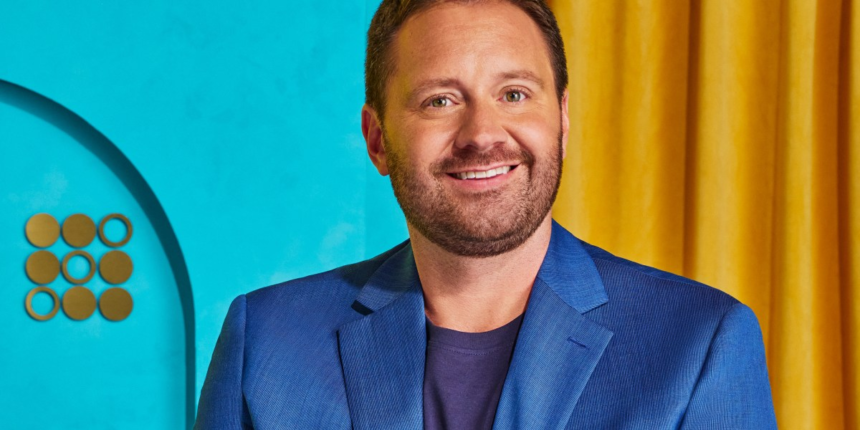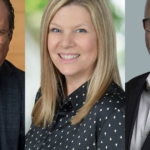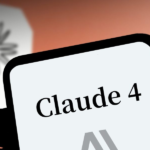An engagement ring changed my life, but not only the way you might think. Let me explain.
The only reason I went to college, honestly, was football. I was lucky to secure an athletic scholarship that covered half my tuition. My family didn’t talk about money a lot growing up – unless it was in the context of an argument. So, when I got to college, I decided to major in finance, trying to make up for lost time. I was taught everything people should do to develop healthy financial habits, but I still had trouble implementing those practices in my own life. I ended up taking out significantly more loans than I needed. Even with a scholarship, I still graduated in 2008 owing around $60,000 in student loans. Back then, especially in the Midwest, that was a significant sum.
I started working in insurance sales after graduation. I got a credit card and thought, “Great, I can buy all the cool stuff I’ve never had.” I thought it was like free money. I knew it wasn’t, but it was just there. And coming from a more humble background than my peers, I overcompensated by spending on things I shouldn’t have, like expensive clothes and trading in my car for a BMW. Ironically, my old colleagues would probably make fun of me now because I don’t care what I wear anymore, and I drive a Bronco, but I used to.
The Great Recession marked a pivotal moment in my financial life. It wasn’t too bad early on, but once we were in the thick of it, my pay dropped substantially. My spending, however, did not. This continued for a while until I had what I call my “come to Jesus moment.” As a 1099 employee, I was responsible for making payments to the IRS then the remaining balance on Tax Day. But, I received a large commission reversal right before taxes were due, and I hadn’t saved enough to make up the difference. It was truly the worst timing. In hindsight, I realize it wasn’t bad luck. I brought it on myself.
Given my credit card debt and lack of emergency savings, my decision came down to this: do we owe the IRS a huge amount with penalties and interest, or do we find money wherever we can? At that time, the only thing I could sell was my wife’s engagement ring, which for those who have ever bought a wedding ring know can cost you a few paychecks. She had a beautiful ring, and she actually sold it without telling me because she knew I’d be too egotistical to let it happen. She just did it. That’s how we got out of the tax situation.
After that, I was devastated. I realized I brought it on myself. I knew what people should do, but I still didn’t do it. That’s when I started observing and studying peoples’ relationships with money and how their underlying habits affect their finances. I became deeply interested in the behavioral side of personal finance. My own experience, and my wife’s sacrifice, gave me empathy for those with financial struggles. That drove me to want to help people. So, I got my *CFP® certification, a Master’s, and eventually a PhD. I focused on how people make decisions and how we all can be guided toward healthier habits.
There’s often a lot of judgment when it comes to money. And honestly, it’s not just people judging each other, professionals judge people, too. I’m sure my doctor is judging me, thinking, “Dude, you need to lay off those burritos. It’s only a matter of time before this catches up to you.” And he’s right!
Lastly, educational institutions can work to match tuition and fees with the economics of real people. Right now, they have no incentive to control the cost of education if there is an unlimited pool of borrowed cash available. Limiting the levels of debt could encourage colleges to match the cost of tuition to the value of the degrees they offer.
Collectively, these steps can help create a smarter way for young people to avoid the pitfalls of overextending themselves – and not make the same mistakes I did when I was younger. It’s how we can help the next generation get their money right.
###
In May 2025, SoFi commissioned a study of 3,500 prospective and current students, graduates, and parents of students to gauge their perspectives on the value of higher education and the methods of paying for it. All current students and graduates included in the sample must have financed at least some of their education through student loans or other educational financing. The sample was nationally reflective within the aforementioned parameters, including a balanced sample of gender, race & ethnicity, geography, and income.
The opinions expressed in Fortune.com commentary pieces are solely the views of their authors and do not necessarily reflect the opinions and beliefs of Fortune.









